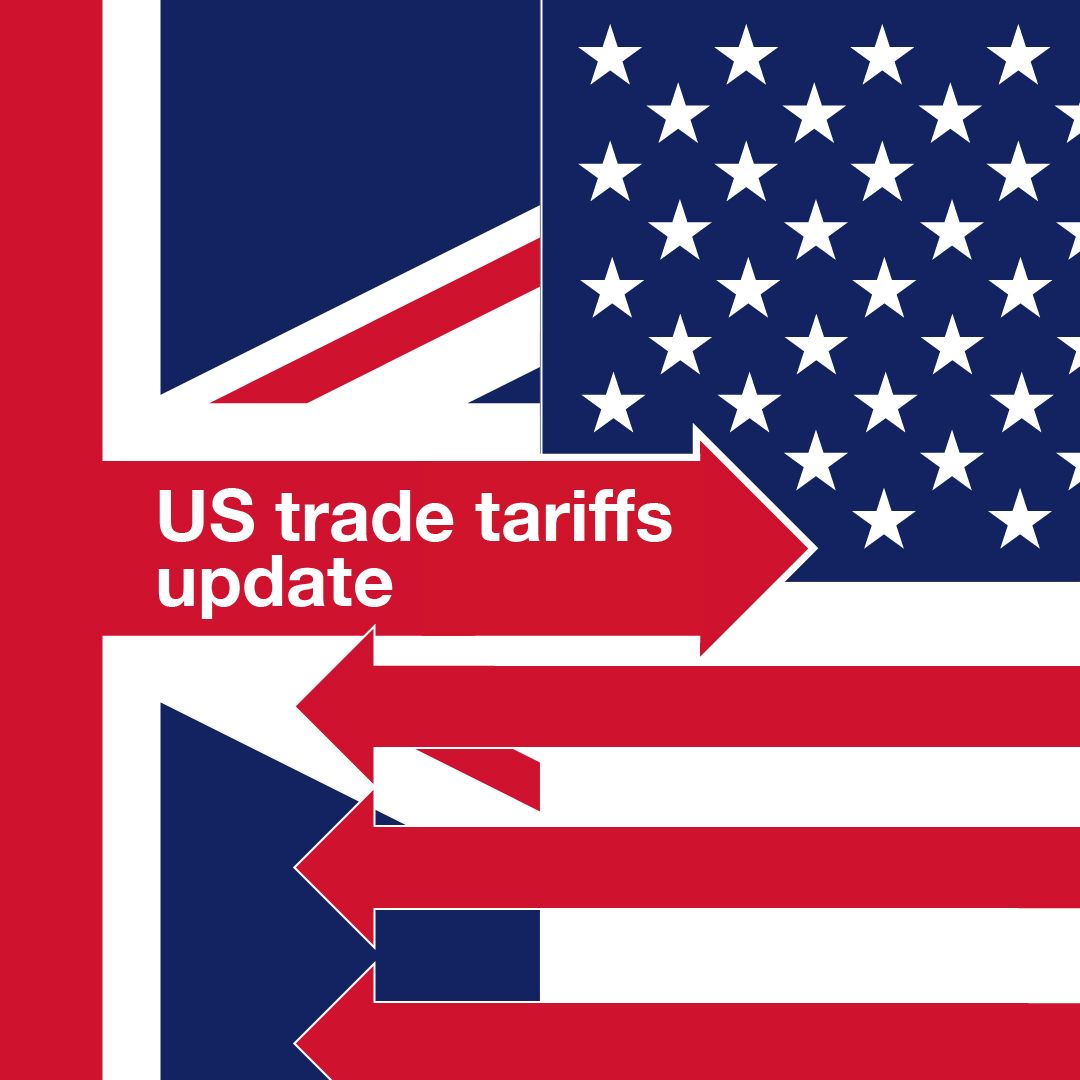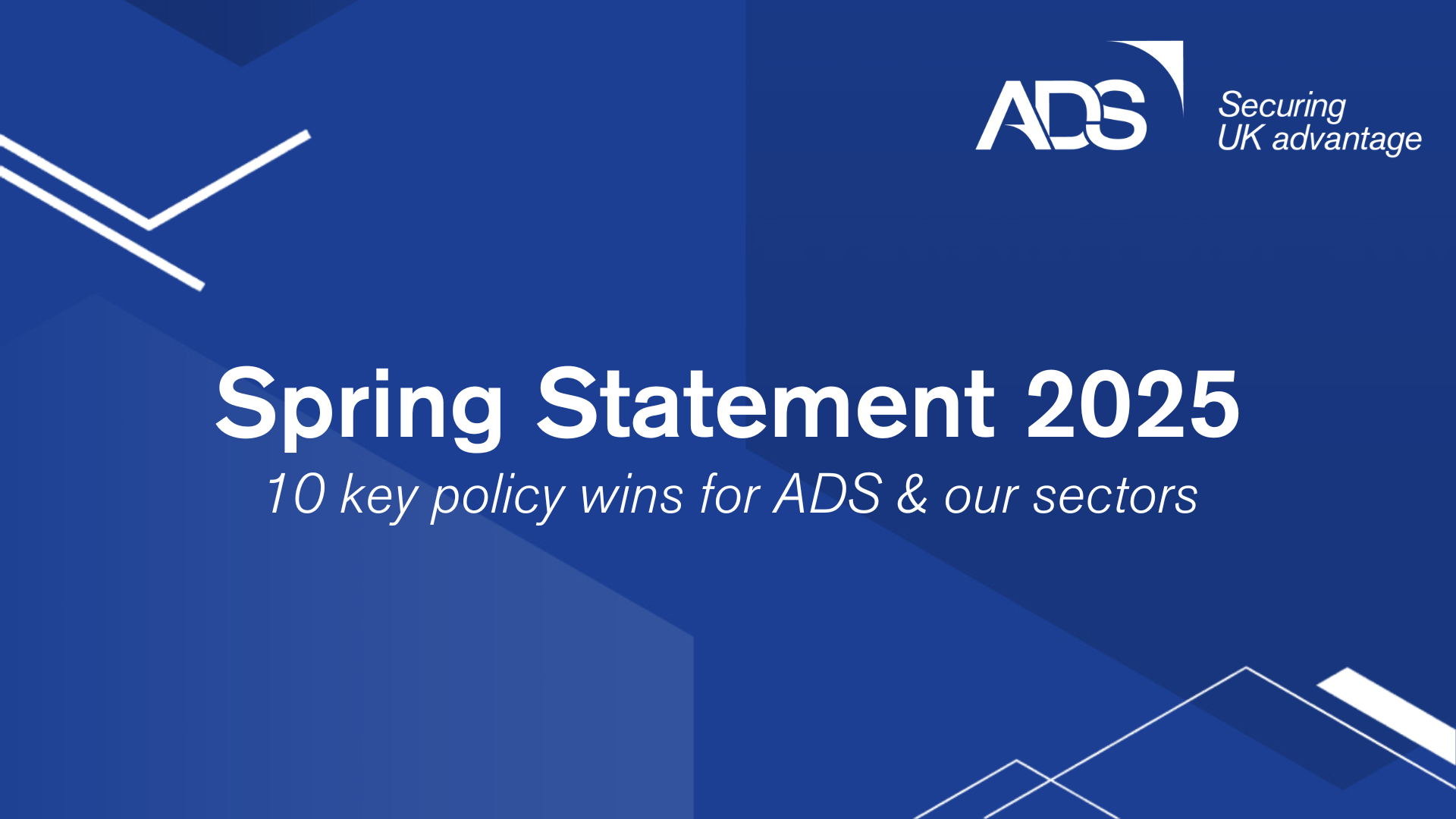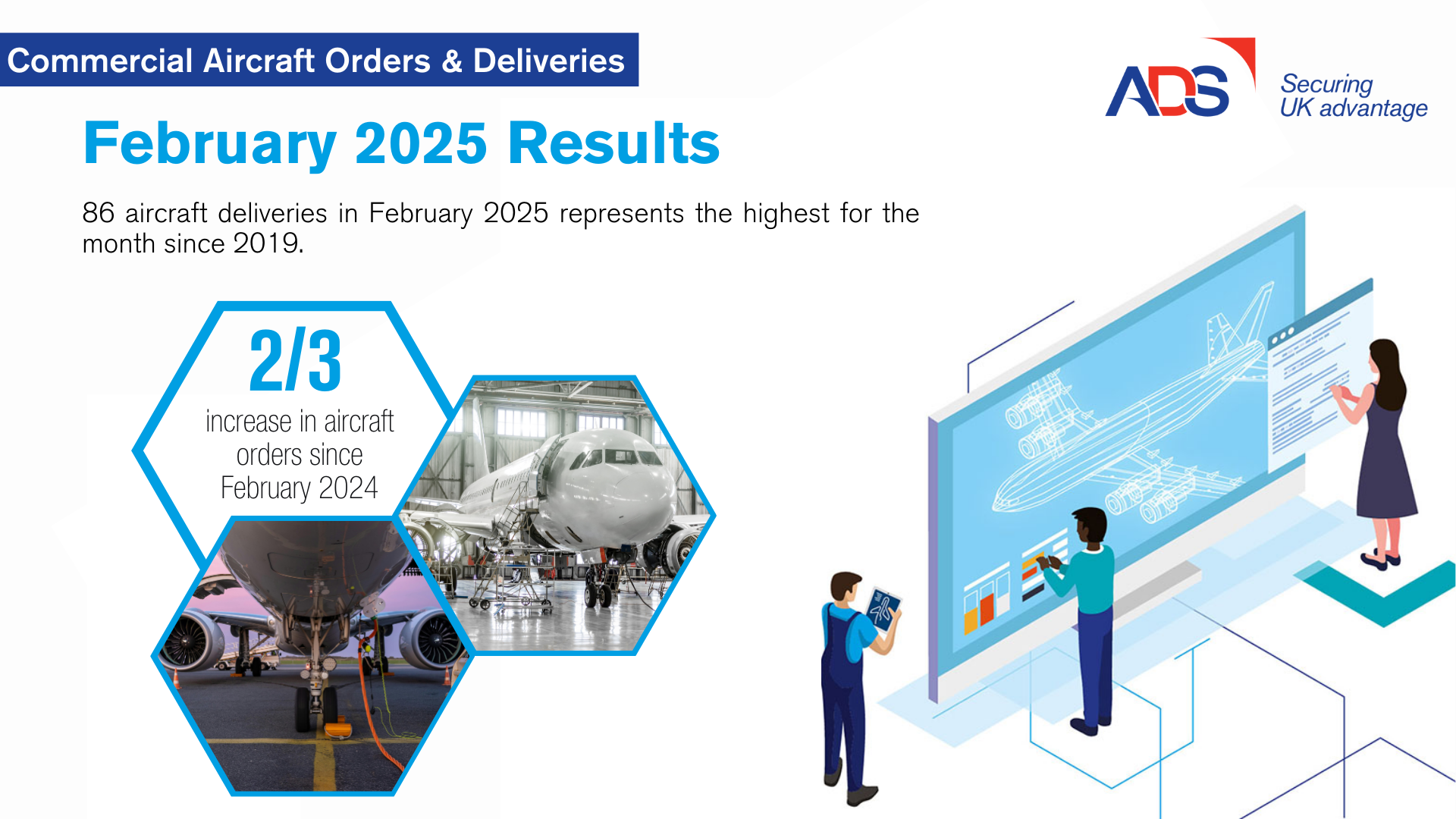
- Business confidence dropped nearly a third at the end of 2024, compared to 6 months prior
- Half of businesses expected to decrease investment in 2025
- Nearly two thirds of survey respondents point to regulation and legal requirements as a detractor of business confidence
London (6 April 2025) – Business confidence waned at the end of 2024, according to data from ADS, the trade association for aerospace, defence, security and space businesses. In a survey to members, 51% of respondents anticipated an increase to business turnover in the following six months – down 29 percentage points to when this question was last asked at the midpoint of 2024.
Overwhelmingly, regulation and legal requirements have had the largest negative impact on businesses over the last six months, with 70% of respondents to the ADS survey reporting they had a negative influence. Looking ahead, 62% of respondents reported that regulation and legal requirements will have a negative impact over the first half of 2025.
Business investment intentions halve
ADS data highlights the halving of industry investment intentions. At the end of 2024, just 35% of respondents were planning to increase investment in H1 2025, compared to 72% of respondents who were looking to increase investment over the H2 2024 period.
Almost half (49%) of respondents are expecting to decrease investment in the first half of 2025 compared to H2 2024 investment intentions.
Decision making driven by staffing
The ADS survey indicates that staffing costs will be the number one factor influencing decision making in the next six months, securing 28% of the vote. The survey took place shortly after the announcements of increases to employer national insurance contributions, and a rise in the national living wage.
Using median average salaries across the sector, ADS estimates that changes to national insurance contributions will cost businesses on average £1,000 per worker. This is clearly a vast increase to many SMEs who may also be facing tax rises in other areas from businesses rates and capital gains, as well as additional access to finance challenges.
A quarter of respondents indicate that demand signals from Government were having an influence on their business decision making.
Economic Commentary: Aimie Stone, Chief Economist at ADS
The 29 percentage points drop in expectations of business turnover should act as a warning signal that industry confidence is wavering. This is likely due to wider economic conditions and signals in the UK, where demand for goods and services is stronger than ever amidst the current geopolitical environment and growing appetite for leisure travel.
Having clear and consistent demand signals across Government – with long term spending plans and priorities that are appropriately carried out – would provide the confidence needed. This is the ultimate bedrock of a successful industry and the gateway to any future business led economic growth.
With April marking the onset of the increases in National Insurance contributions, this issue continues to drive conversations with ADS’ 1300+ SME members. Staff and skills shortages remain a key concern for our sectors, with additional pressures on wage competition amidst cash flow constraints.
While the world is a very different place since these questions were first asked, earlier focus on conflict in Ukraine saw defence members report positive expectations for business growth. Coupled with an increase in defence spending announcements, this will have likely boosted confidence. That said, the onset of tariffs – previously a concern for 14% of respondents – will undoubtedly impact business decisions, at least in the short term.
Notes to editors:
- ADS is the UK trade association for the aerospace, defence, security and space sectors, representing almost 1500 businesses throughout the UK.
- The ADS Industry Outlook survey was open for three weeks and secured 57 responses across the membership.
- The majority of respondents (70%) were manufacturing or technology businesses.











